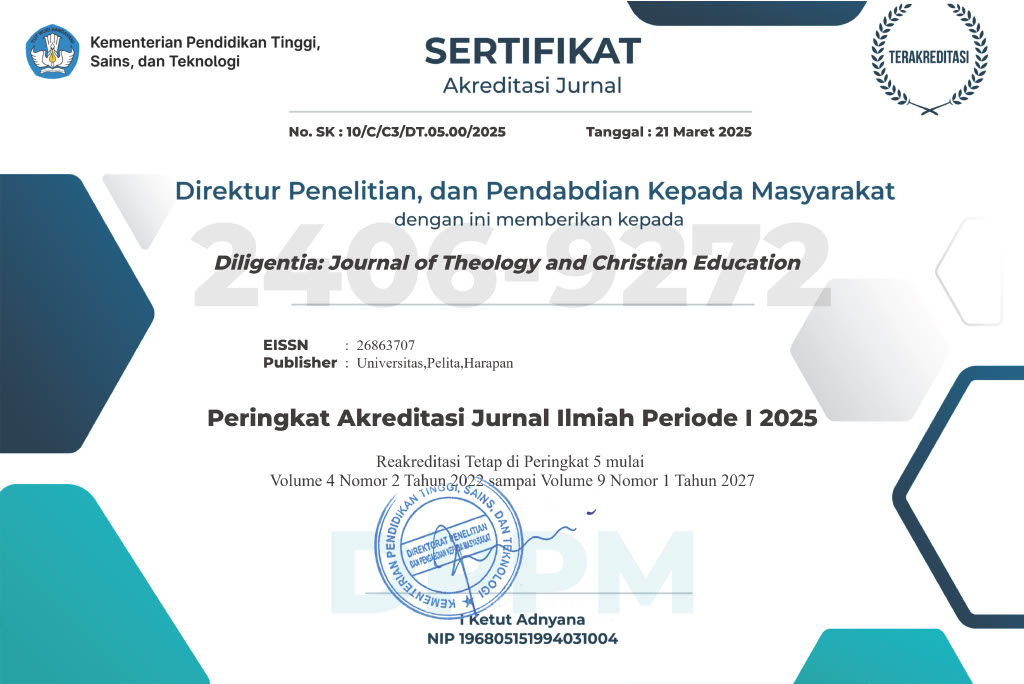A Case for Mezirow’s Transformative Learning
DOI:
https://doi.org/10.19166/dil.v3i1.2945Keywords:
transformative learning, frame of reference, adult, reflectionAbstract
Jack Mezirow’s transformative learning theory is one of the most referenced adult education theories. In his theories, transformative learning is the process of effecting change in a frame of reference, using structures of assumption to understand our experiences. Transformative learners move toward a frame of reference with more inclusive self-reflection and more integration of experience. Adult educators should help students become aware and critical of assumptions, their own, and others’. As adult learners, we should be part of transformative learning by being critical with our frames of reference, starting from understanding the world unconsciously in childhood experience, and moving toward a frame of reference with more self-reflection and integration of experience. We should understand the forms, autonomous thinking in transformation theory, and the two domains of learning””instrumental and communicative””as well as their definitions, comparisons, and applications in adult learning. Our experience’s premises, distortions, and situations should be identified and analysed through a transformative lens. Our meaning perspectives are broadened as they are challenged through many deformations and reformations.
References
Agoos, Samantha. “5 Tips to Improve Your Critical Thinking -.” YouTube. TED-Ed, March 15, 2016. https://www.youtube.com/watch?v=dItUGF8GdTw.
Enkhtur, Ariunaa, and Beverley Anne Yamamoto. “Transformative Learning Theory and Its Application in Higher Education Settings : A Review Paper.” Bulletin of Graduate School of Human Sciences 43 (February 28, 2017): 193-214. https://doi.org/10.18910/60584.
Eurich, Tasha. Insight: The Surprising Truth about How Others See Us, How We See Ourselves, and Why the Answers Matter More than We Think. New York: Currency, 2018.
Foundation for Critical Thinking. “Our Conception of Critical Thinking.” Criticalthinking.org, 2019. http://www.criticalthinking.org/pages/our-conception-of-critical-thinking/411.
Hoggan, Chad. D. “Transformative Theory as A Metatheory: Definition, Criteria and Typology.” Adult Education Quarterly 66, no. 1 (November 17, 2015): 55-75. https://doi.org/10.1177/0741713615611216
Holt, C. S. “Mezirow’s Theory of Transformational Learning.” Slideshare, April 11, 2010. https://www.slideshare.net/tsholt/mezirows-theory.
Josephson Institute. “Rationalizations in Business.” YouTube Video. YouTube, November 15, 2010. https://www.youtube.com/watch?v=HOTkf2eEVmI.
Lakoff, George, and Mark Johnson. “Conceptual Metaphor in Everyday Language.” The Journal of Philosophy 77, no. 8 (August 1980): 453-86. https://doi.org/10.2307/2025464.
Love, Patrick G., and Victoria L. Guthrie. “King and Kitchener’s Reflective Judgment Model.” New Directions for Student Services 1999, no. 88 (1999): 41-51. https://doi.org/10.1002/ss.8804.
Lundgren, Henriette, and Rob F. Poell. “On Critical Reflection.” Human Resource Development Review 15, no. 1 (January 14, 2016): 3-28. https://doi.org/10.1177/1534484315622735.
Machi, Lawrence A., and Brenda T. McEvoy. The Literature Review: Six Steps to Success. Thousand Oaks, California: Corwin, A Sage Publishing Company, 2016.
McGonigal, Kelly. The Willpower Instinct: How Self-Control Works, Why It Matters, and What You Can Do to Get More of It. New York: Avery, 2013.
Meyers, Steven A. “Using Transformative Pedagogy When Teaching Online,” College Teaching 56, no. 4 (September 2008): 219-24, https://doi.org/10.3200/ctch.56.4.219-224.
Mezirow, Jack. Fostering Critical Reflection in Adulthood: A Guide to Transformative and Emancipatory Learning. San Francisco, CA: Jossey-Bass, 1990. https://www.semanticscholar.org/paper/Fostering-Critical-Reflection-in-Adulthood%3A-A-GuideMezirow/21cd86988a45a294a47a0225e031bb07c0c7666e?p2df.
Mezirow, Jack. Transformative Dimensions of Adult Learning. San Francisco: Jossey-Bass, 1991.
Mezirow, Jack. “Transformative Learning: Theory to Practice.” New Directions for Adult and Continuing Education 1997, no. 74 (1997): 5-12. https://doi.org/10.1002/ace.7401.
Paul, Richard, and Linda Elder. The Miniature Guide to The Foundation for Critical Thinking: Concepts and Tools. 4th ed. The Foundation for Critical Thinking, 2006. https://www.criticalthinking.org/files/Concepts_Tools.pdf.
Roy, Bunker. “Learning from a Barefoot Movement.” Ted.com. TED Talks, July 2011. https://www.ted.com/talks/bunker_roy..
Tam, Maureen. “The Confucian View of Lifelong Learning: Relevancy to the Teaching and Learning of Older Adults.” Education in the Asia-Pacific Region: Issues, Concerns and Prospects, December 13, 2015, 193-204. https://doi.org/10.1007/978-981-287-940-0_13.
Taylor, Edward W., and Patricia Cranton. “A Theory in Progress? Issues in Transformative Learning Theory.” European Journal for Research on the Education and Learning of Adults 4, no. 1 (April 10, 2013): 35-47. https://doi.org/10.3384/rela.2000-7426.rela5000
Vancour, Vanessa. “I’m Mexican. Does That Change Your Assumptions about Me?” YouTube. TEDxUniversityofNevada, February 1, 2017. https://www.youtube.com/watch?v=sE4-req-Hes.
Downloads
Published
How to Cite
Issue
Section
License
Authors who publish with this journal agree to the following terms:
1) Authors retain copyright and grant the journal right of first publication with the work simultaneously licensed under a Creative Commons Attribution License (CC-BY-SA 4.0) that allows others to share the work with an acknowledgement of the work's authorship and initial publication in this journal.
2) Authors are able to enter into separate, additional contractual arrangements for the non-exclusive distribution of the journal's published version of the work (e.g., post it to an institutional repository or publish it in a book), with an acknowledgement of its initial publication in this journal.
3) Authors are permitted and encouraged to post their work online (e.g., in institutional repositories or on their website). The final published PDF should be used and bibliographic details that credit the publication in this journal should be included














